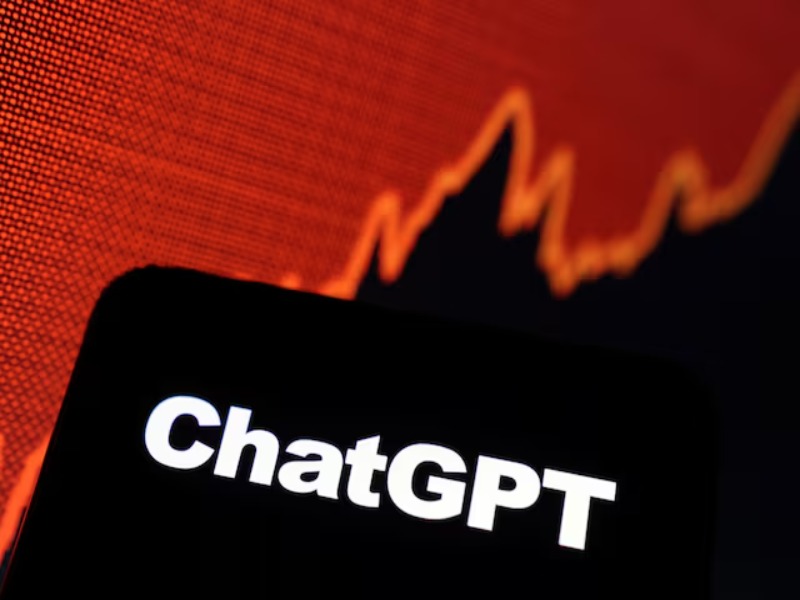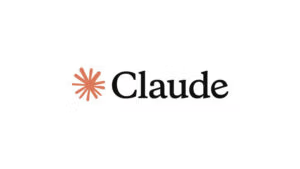At least one out of 10 retail investors is now using a chatbot to select stocks, as ChatGPT approaches the third anniversary of its establishment, which is a booming business in the robo-advisory sector, but even its proponents acknowledge that it is a risky practice that cannot yet replace the traditional advisor.
Artificial intelligence allows anyone to pick stocks, track them, and receive investment analysis that previously was accessible only to big banks or institutional investors.
According to data analysis firm Research and Markets, the robo-advisory market, considered as a sum of all companies offering automated and algorithm-driven financial advice, including fintech, banks, and wealth managers, will rise to $470.91 billion in revenues in 2029, up from $61.75 billion last year, an increase of roughly 600 percent.
No Unpaid Paywall Access to Information
Jeremy Leung, a long-time UBS company analyst who resigned from his post in January of this year, has been pursuing stocks with ChatGPT to build a multi-asset portfolio since he was laid off by the Swiss bank in January of this year.
“I no longer have the luxury of a Bloomberg (terminal), or those kinds of market-data services which are very, very expensive,” Leung said.
“Even the simple ChatGPT tool can do a lot and replicate a lot of the workflows that I used to do,” he adds. He further warned that an artificial intelligence tool may fail to provide some vital analyses since it may not have access to data beyond a paywall.
It was reported that Leung isn’t alone in this, but the industry is expanding rapidly and exponentially.

A survey conducted by broker eToro, which surveyed 11,000 retail investors around the world, found that approximately half of retail investors would use AI tools like ChatGPT, which was launched in November 2022 and sparked the AI boom on the markets, or Google-developed Gemini to select or modify investments in their portfolio; 13 percent of them already have been using these tools.
According to a survey conducted by comparison company Finder in the UK, 40 percent of respondents have used chatbots and AI to get personal advice on finance.
ChatGPT cautioned that it is not to be trusted when it comes to professional financial advice and indicated that its owner, OpenAI, has not published information on how many people use its chatbot to select investments.
“AI models can be brilliant,” said Dan Moczulski, UK managing director at eToro, which boasts 30 million users worldwide. “The risk comes when people treat generic models like ChatGPT or Gemini as crystal balls.”
Dan Moczulski stated that it would be better to use AI-generated platforms that are specifically trained to analyse the markets. He further remarked, “General AI models can misquote figures and dates, lean too hard on a pre-established narrative, and overly rely on past price action to attempt to predict the future.”
Making Use of Reliable Sources
Finder asked ChatGPT to select a basket of stocks from high-quality businesses in March 2023, based on factors including the stages of debt, sustained growth, and assets that generate an advantage over competitors.
The 38-stock selection, which includes AI posterchild Nvidia and online retailer Amazon, as well as consumer staples such as Procter and Gamble and Walmart, has increased by nearly 55 percent, nearly 19 percentage points higher than the average of the 10 most popular funds in the UK, including those run by Vanguard, Fidelity, HSBC, and Fundsmith.
Meanwhile, U.S. shares are at all-time highs and at the moment appear impervious to erratic U.S. policies and spotty economic statistics.
However, ChatGPT stock picking involves a certain level of financial understanding, along with the adherents of this practice indicating that people are at a significant risk of making a mistake before making a hit.
Leung uses the prompts while using ChatGPT, like, “assume you’re a short analyst, what is the short thesis for this stock?” or “use only credible sources, such as SEC filings”. He further adds, “The more context you provide, the better the responses.”
With the escalation of risks, the risks are big. Retail investors are also unable to tell whether they are using risk management tools to appropriately manage the potential losses once the markets turn down due to the exuberance surrounding the AI tool, which has limited access to the investment.
The STOXX 600 pan-European index is nearly 10 percent up this year, and the S&P 500 index has climbed by 13 percent following a 23 percent increase last year.
Leung states, “If people get comfortable investing using AI and they’re making money, they may not be able to manage in a crisis or downturn.”






